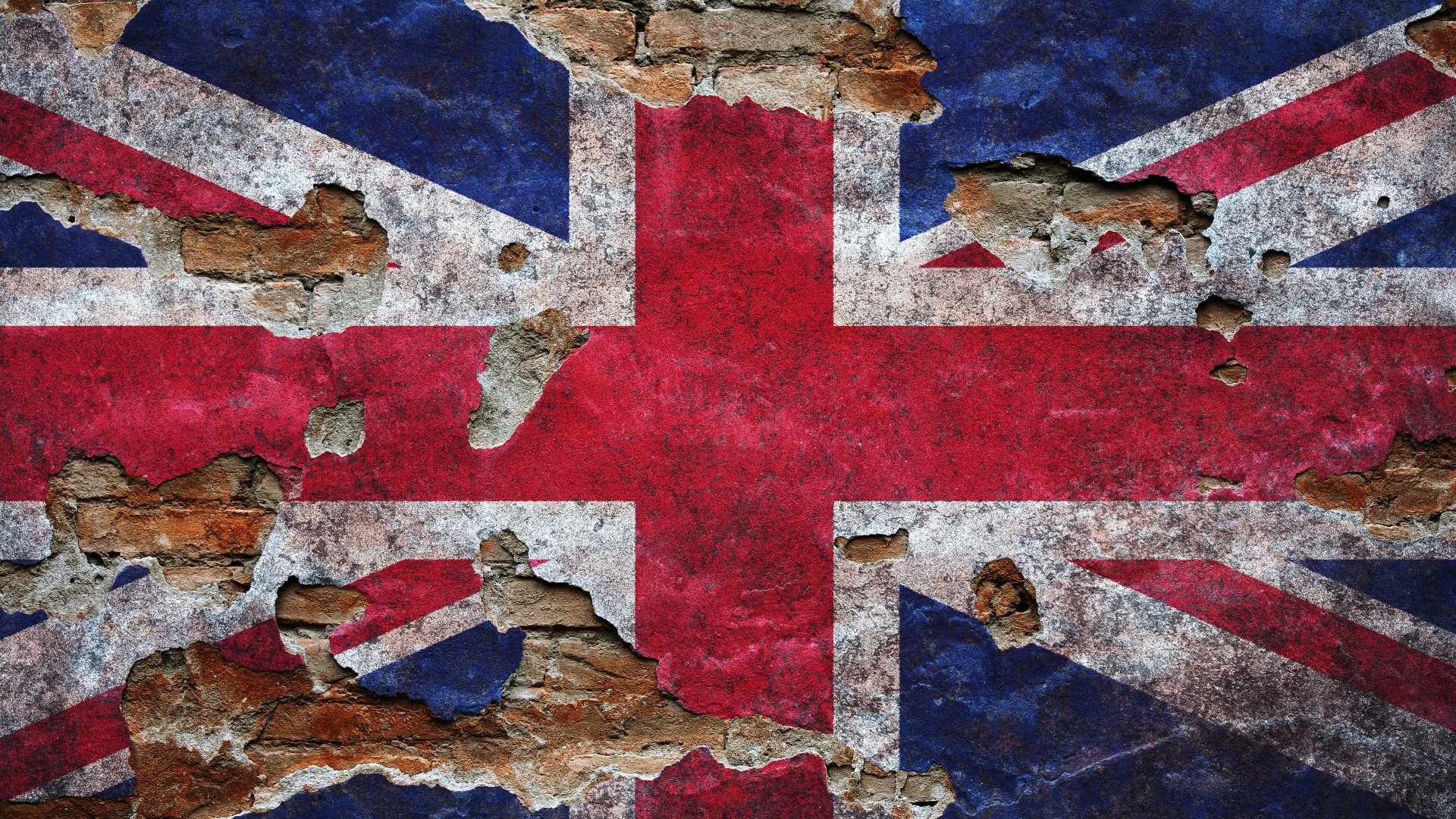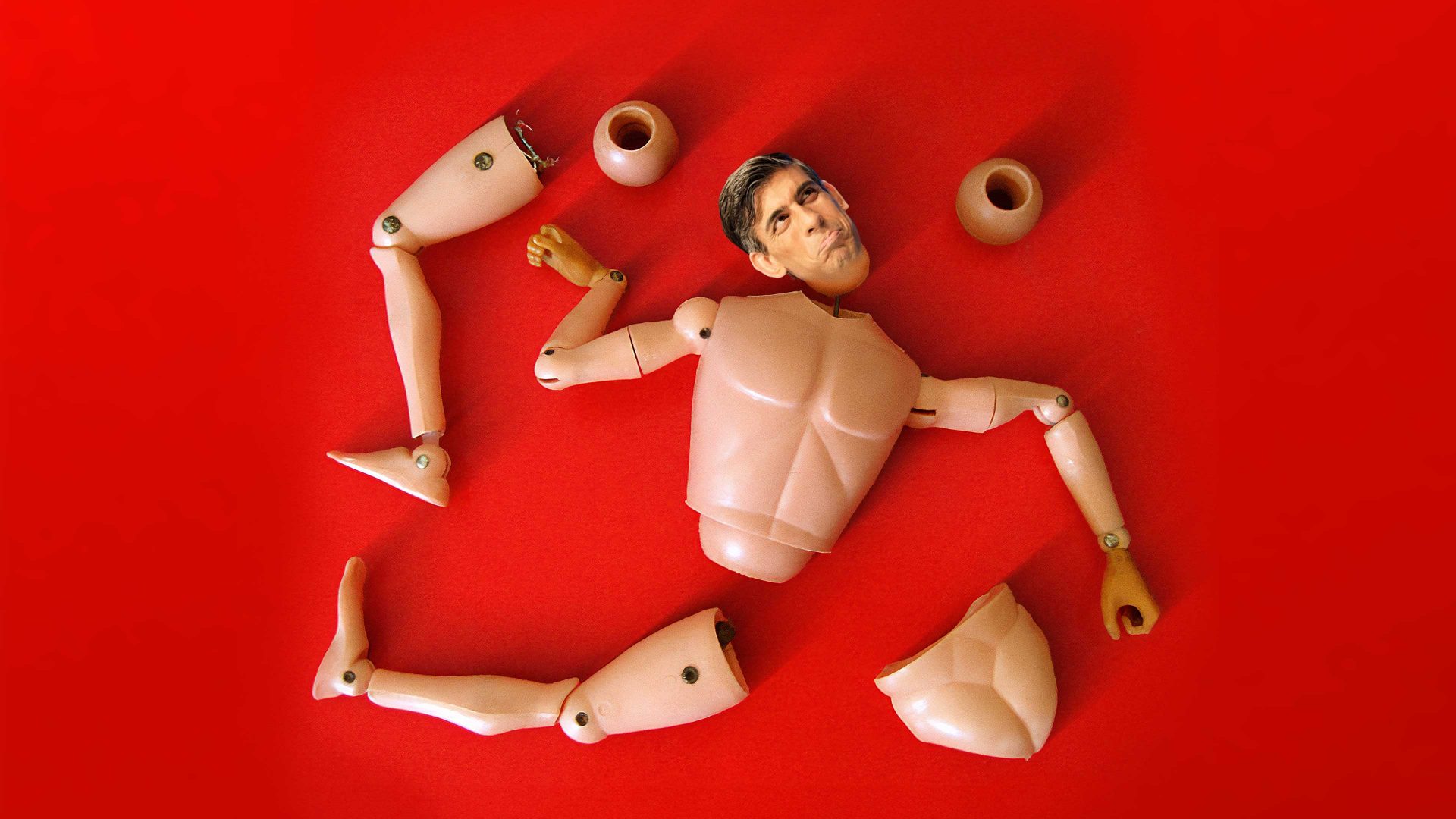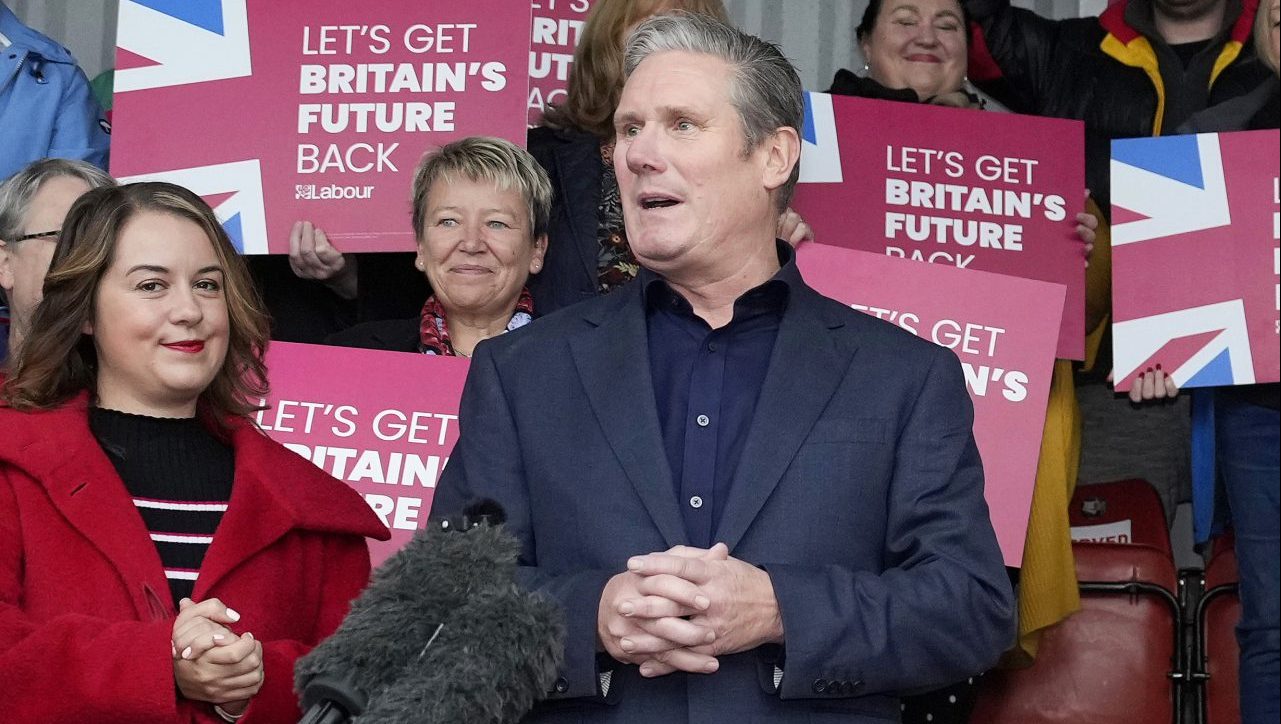This is a story of loss and betrayal; of unbridled arrogance and unchallenged ignorance; of personal impunity, warped ideology and political incompetence. It is too early to say where the story will end and impossible to pinpoint precisely where it began. But nevertheless, it is essential to identify the people and organisations which, sometimes by accident and sometimes quite deliberately, set the United Kingdom on a course of unnecessary domestic decline and international diminishment. Almost all of them remained in positions of power and prominence long after the damage they had done became clear to see.
Many have since prospered, both professionally and privately, as the problems and tribulations they blithely ushered in took hold. None of them has ever offered the rest of us a single syllable of contrition or apology. It seems unlikely that they ever will.
Worse, by the middle of 2023 it was becoming clear that the supporters of “austerity”, Brexit, Boris Johnson, Liz Truss and sundry other disasters were determined to blame the consequences of their own epic errors on precisely the individuals and institutions that had spent years warning and explaining what those consequences would be. This last is a project that could only be contemplated, let alone completed, in a country already in complete thrall to the lies, prejudices and manipulations of what would once have been referred to as the ruling class.
What has happened to the UK over the last few decades – notably since 2010, especially since 2016 and quite spectacularly since 2019 – is as unforgivable as it is immense. Yet because those levers of power and influence are controlled by a comparatively tiny number of people, in three easily identifiable and avowedly right-wing sections of public life – the media, politics and wealth – the sheer abnormality of the national situation is rarely noted. We have become so conditioned by the parameters of the ecosystem we inhabit that we rarely notice how completely ridiculous our political reality – and our country – has become.
The proof is everywhere, careering ridiculously from the seemingly silly to the deadly serious. From tomatoes being rationed in British supermarkets to government-inflicted economic catastrophe, what was once unthinkable has become almost unremarkable.
Senior politicians, their advisers and their cronies, routinely remain in post after being found guilty of egregious behaviour. When they are found to have broken rules, they join forces to attack the rules. Strikes routinely cripple every corner of the public sector, most notably in the NHS where patient satisfaction has plummeted while waiting lists grow exponentially.
For the first time in living memory, children are less likely to own property than their parents. From pubs to pharmacies, businesses are closing every day as costs rise and vacancies go unfilled while members of the government exhort us to celebrate the abolition of our own “freedom of movement”.
The generation of politicians and pundits that promised to “take back control” of our borders and immolate unspecified “red tape” has instead delivered epic delays and miles-long tailbacks at our ports, while making trade in goods with our nearest neighbours unfeasibly and unprecedentedly complicated. The “trade deals” announced by the same politicians and cheered by the same pundits as a corrective to this unnecessary damage have instead put our own farmers at a disadvantage against foreign competitors. In April 2023, 700,000 households missed their rent or mortgage payments.
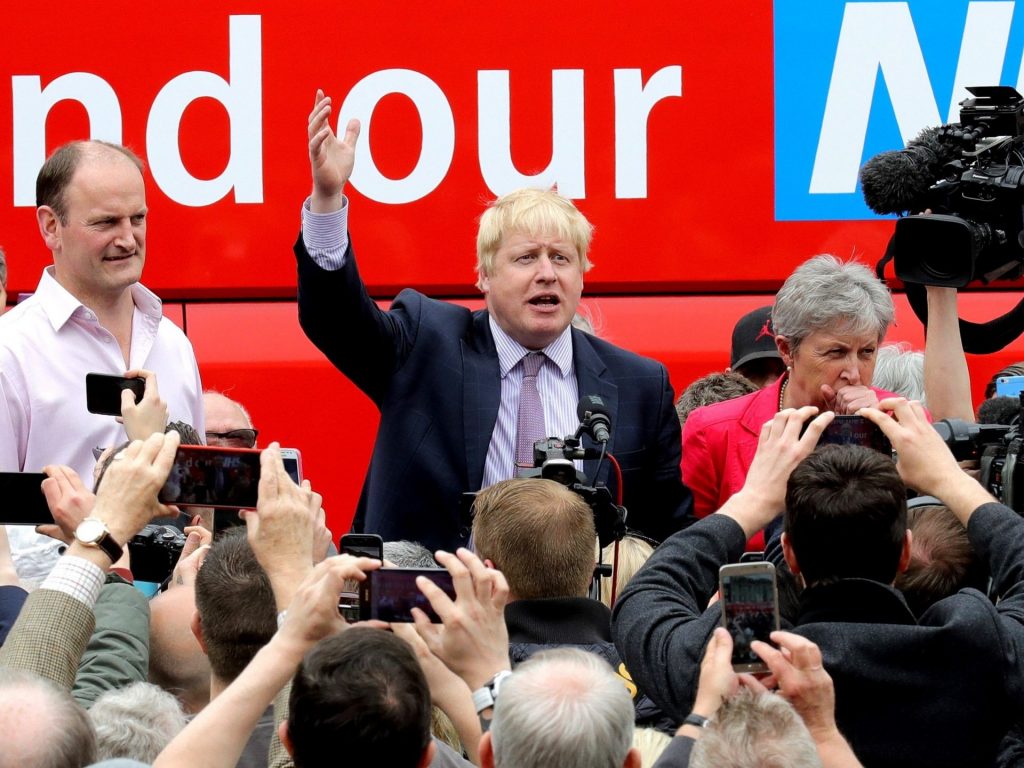
And for the people persuaded by decades of racist propaganda, served up by supposedly “respectable” media, that the country’s problems were caused by a surfeit of foreign arrivals, the overall immigration numbers are higher than ever. Everywhere, the sense of crisis is exacerbated by spiralling food and energy prices, plummeting wages and crumbling public services.
And yet successive Conservative administrations, presiding over all of this, persist in the demonisation of refugees, meaningless “anti-woke” rhetoric and bogus “culture wars”. The home secretary, Suella Braverman, told a meeting at her party conference in 2022: “I would love to have a front page of the Telegraph with a plane taking off to Rwanda, that’s my dream, it’s my obsession.” The passengers on the plane of her dreams would be asylum seekers and refugees with no prospect of return to the UK, even when their applications had been processed and their bona fide refugee status determined.
The destination of her dreams was later described in grim terms by the former head of the British Army. Richard (Lord) Dannatt visited Rwanda as chief of the general staff in 2009 and sits on the all-party parliamentary group (APPG) on war crimes investigating the Rwandan genocide. He said: “I’ve been to Rwanda, and the shadow of the genocide there in the 1990s hangs over that country. It’s ruled with a very firm hand by [current president and former military commander] Paul Kagame. It’s got a pretty dark history, and it’s not the sort of environment I would put people from Syria and elsewhere in the world into.”
Braverman’s dream still burned bright after she was made aware of evidence from the United Nations refugee agency, dating from 2018, that a group of Congolese refugees was shot dead by police during protests over cuts to food rations. And yet, according to Braverman, it is the people crossing the Channel in so-called “small boats” who “possess values that are at odds with our country”. She is yet to provide any evidence of this claim or clarify precisely what “values” she and the rest of Rishi Sunak’s government feel they themselves represent. It seems unlikely to be the ones upheld by King Charles, who reportedly described the Rwanda plan as “appalling”.
All of these commercial catastrophes, national tragedies and rhetorical atrocities occur because we live in a country where “commentators” are now routinely proved spectacularly wrong by political and economic events without suffering any real censure; where politicians frequently say things that turn out to be demonstrably untrue without ever being reminded of their “errors” by supine or sycophantic journalists; and where “experts” whose previous analyses were horribly inaccurate continue to pop up in broadcast studios and newspapers with their status undimmed.
Think of one shameful episode and a dozen, arguably more pertinent, cases will spring to mind. They crowd each other out, multiply and merge, until you are left staring, stupefied, at the unbelievable catalogue of calumny, corruption and incompetence that has been visited upon the country.
If, for example, you lost a loved one to the appalling handling of care homes at the beginning of the Covid-19 outbreak you will perhaps be most enraged by the fact that 10 Downing Street subsequently became the site of more fines for criminal breaches of the lockdown laws Boris Johnson introduced than any other address in the country. Or by the fact that the health secretary who claimed to have thrown a “protective ring” around those care homes, Matthew Hancock, shortly afterwards tried to relaunch himself as a “celebrity” by accepting £320,000 to appear on a TV game show.
Or by the memory of Johnson’s most senior adviser, self-styled Brexit “mastermind” Dominic Cummings, looking down the barrel of a television camera and claiming that he had driven his family on a 60-mile round trip to a local beauty spot on his wife’s birthday, in obvious breach of lockdown laws, to “test his eyesight”.
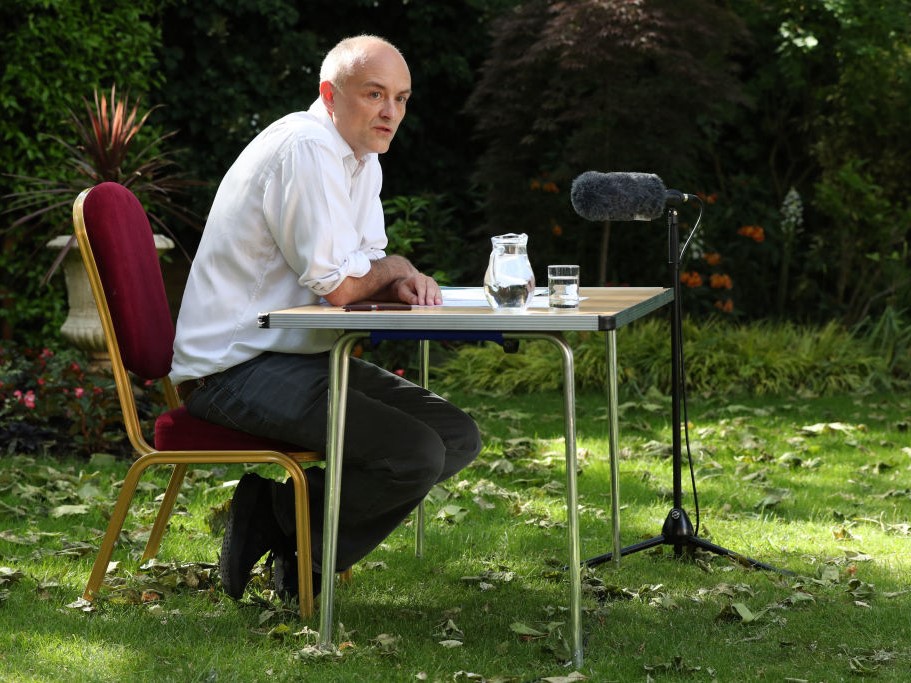
If, however, you lost a loved one to the Hillsborough tragedy in 1989, you may be most disgusted by the decades-long efforts of one of Rupert Murdoch’s newspapers to malign the memories of the dead. If you needed help from one of the “food banks” or “warm banks” that have proliferated in recent years, then you may be most enraged by politicians who, while mismanaging the economy, have fetishised the UK’s “growth” and ignored the plight of its people.
And if you simply want to live in a country where decency is valued and the government provides safety nets and support for the population – where, in other words, there is such a thing as “society” – you may reserve most concern for the proliferation of secretly funded lobby groups, masquerading as “think tanks”, that have infiltrated every level of public life despite representing the interests of nobody except the anonymous tycoons and vested interests who bankroll them.
A congregation of circumstances have allowed objectively ridiculous things to happen in a previously sensible society. Consider first the abject idiocy of becoming the first population in history to vote to impose economic sanctions on itself. Worse, it was a vote built on promises that the country would somehow become richer as a consequence of leaving the European Union.
There followed an inevitable erection of trade barriers between ourselves and our biggest trading partners. Consequently, in January 2023, analysis by Bloomberg Economics found that Brexit was costing the UK £100bn a year. The former governor of the Bank of England, Mark Carney, stated in an interview that “the UK is in the most difficult position of the major economies, full stop”, and added, “it’s been amplified by the separation from the European Union.”
The following month, Jonathan Haskel, a senior Bank of England official, published a study showing that since the 2016 referendum, the UK had suffered a loss of business investment amounting to £29bn, or £1,000 per household. In March, Richard Hughes, the chairman of the Office for Budget Responsibility (OBR) said leaving the EU had made an impact on the economy on the “magnitude” of the Covid-19 pandemic, and reduced the UK’s overall output by 4% compared to where it would have been had the UK remained in the EU. These men are not infallible and at least some of these numbers are debatable. But the overall picture is one of genuine economic catastrophe for which the governing party bears obvious responsibility.
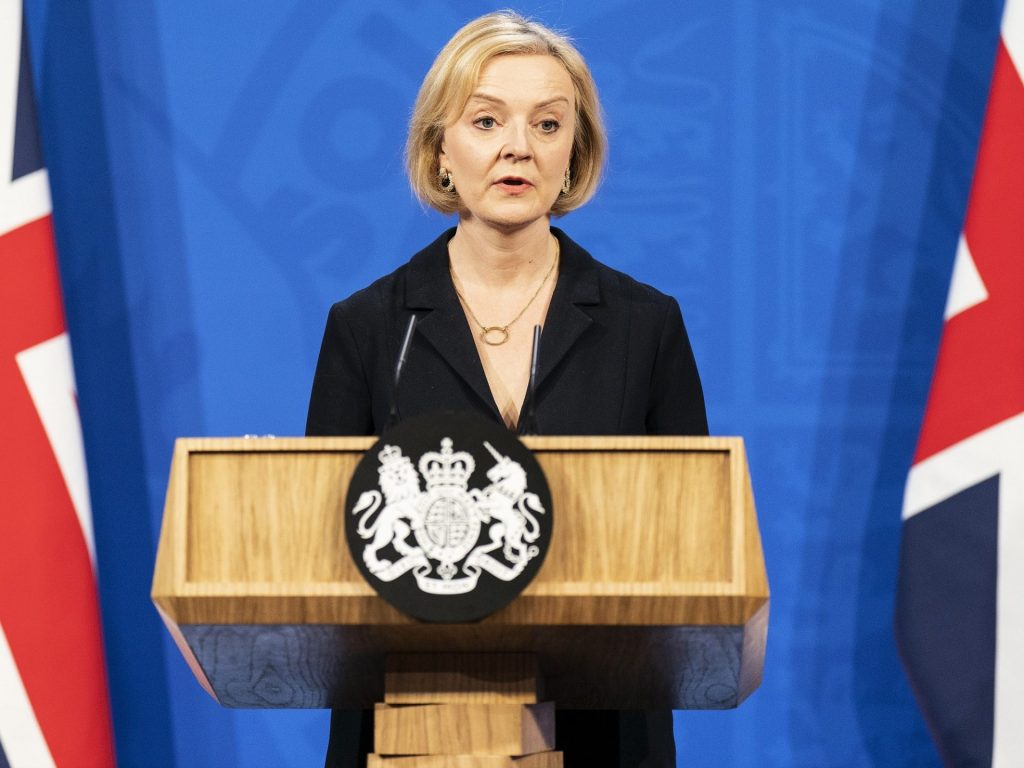
Yet you would simply not know this from the bulk of media coverage where, if it gets reported at all, it is swiftly dismissed as evidence of an international conspiracy to “punish” the UK. This is as dangerous as it is daft.
For example, the International Monetary Fund (IMF) is often portrayed in British newspapers and by Conservative politicians as some sort of malevolent and mysterious anti-British organisation dedicated to damaging our interests on the world stage. Jacob Rees-Mogg, who was business minister in Liz Truss’s disastrous administration, once said that their forecasts “aren’t worth the paper they’re written on”.
As with so many of the problems facing the UK in 2023 and beyond, this brand of delusional denialism and Pollyannaish determination to find “experts” to only say things that politicians and newspaper editors want to hear can be traced back to the Brexit referendum of 2016. The moral and intellectual compromises needed to sustain and disseminate campaign lies during the referendum created a cohort of Conservative politicians that would become increasingly detached from both observable reality and any semblance of public integrity.
That they weren’t expecting to win is well-documented, but the lasting damage stems not from their victory but from their inability to disown the deceptions that delivered it. The guiltiest men and women here are not, I would argue, the pantomime characters like Rees-Mogg, or the bigots and weirdos who swelled the ranks of the party’s European Research Group (ERG), but the ones who were supposedly “respectable” or “sensible”. It was the co-chair of Vote Leave, Michael Gove, who said: “I think the people in this country have had enough of experts from organisations with acronyms saying that they know what is best and getting it consistently wrong.”
After securing victory in the referendum and prompting David Cameron’s resignation as prime minister in 2016, Gove backed his Vote Leave co-chair Boris Johnson’s bid to become PM before withdrawing his support, saying: “I came in the last few days, reluctantly and firmly, to the conclusion that while Boris has great attributes he was not capable of uniting that team and leading the party and the country in the way that I would have hoped.” Johnson pulled out of the contest and Gove launched his own leadership campaign. He was eliminated from the contest after securing 14.6% of the vote in the first ballot of Conservative MPs and 14% in the second.
Theresa May triumphed after the withdrawal of her only remaining rival, Andrea Leadsom, but May was then effectively deposed by her former foreign secretary, Boris Johnson, in 2019. At this point, Gove somehow overcame his reservations about Johnson to serve in his government as, variously, chancellor of the Duchy of Lancaster, cabinet office minister, secretary of state for levelling up, housing and communities, and minister for inter-governmental relations. He was dismissed by Johnson in July 2022 after telling the soon-to-resign prime minister to resign.
Gove, Johnson, Rees-Mogg and Truss: these are the type of people who flourished most in post-Brexit Britain, even as everything they touched began to crumble. They sustain support – even, in two cases, after leaving Downing Street in disgrace – by constantly denying reality, inventing persecution, shifting blame and trying to rewrite history.
I could continue writing this forever. Every rock I look under reveals 10 more rocks. Every day something new happens to deepen the awfulness and the absurdity of what these people, their allies and their cohorts, have done to our country and to all of us. I was going to close by portentously inviting you to step into their infernal lair but you are, of course, already in it. We all are.
An edited extract from How They Broke Britain, by James O’Brien.


